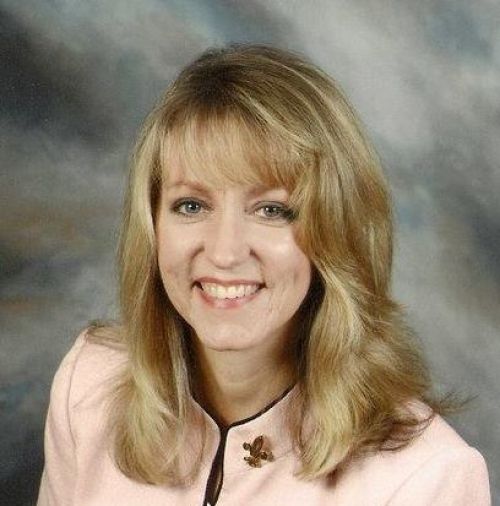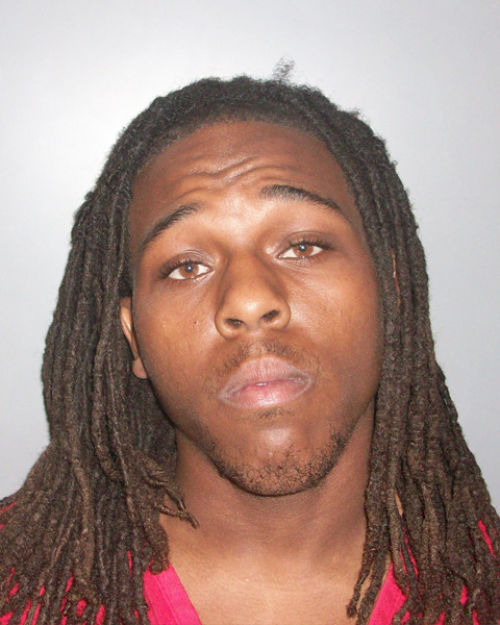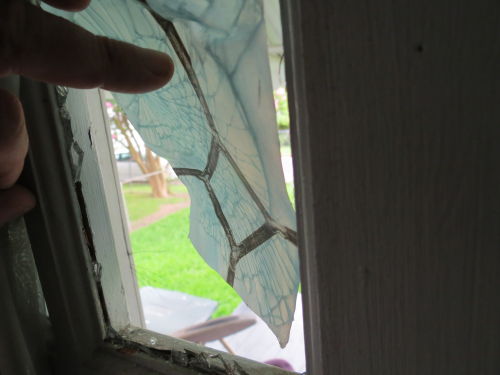
Terrebonne tightens up on dangerous dogs
July 16, 2014
Arraignment delayed in alleged accidental homicide
July 16, 2014Up until the moment he squeezed the trigger of his .357 magnum revolver on the morning of July 6, Ray A. Carlos had lived a life obscure and anonymous, by all available accounts a quiet man content in his privacy and simple joys.
But now the 58-year-old port captain faces a charge of second-degree murder and the potential of life in prison, a potential that nobody who knew him – either well or in passing – could ever have predicted might come to pass.
“That is not the Ray Carlos I kow,” said oilfield worker Tim Eschete, who knew Carlos from teen years, when they and other friends would gather at a fireworks stand or sometimes go out on the town, without ever an incident of drama or a cause for regret.
Awakened by ruckus from a house 100 feet away shortly after 3 a.m., Carlos ventured outside of his own, down a short flight of stairs and to the locked chain-link fence that surrounds the property.
After demanding an explanation for the noise Carlos saw 29-year-old James C. Rube II approach. Fearing for his safety, Carlos fired the gun when the unarmed, intoxicated Rube was within three feet of him, still on the street-side of the gate.
Police are still investigating but theorize that a towel Rube wrapped around a hand made bloody from breaking a windowpane at his girlfriend’s house could have been the source of fear. Or perhaps a furtive motion.
Rube fell dead with a hole in his forehead. Carlos immediately called police. He was booked on the second-degree murder charge and held in lieu of $1 million bond.
The incident places Terrebonne Parish on a growing list of other communities where a “stand your ground” concept in the criminal law complicates the administration of justice.
The law’s provisions leave open for now the question of how much latitude armed civilians have when facing a perceived threat, where the line should be drawn between responsibility and recklessness, and what accountability should occur when things go wrong.
“This is obviously a tragic event, a sad event and a serious event,” said State District Judge Randy Bethancourt, during a hearing at which he lowered Carlos’ bail to $100,000 in bond or $10,000 cash, which was later posted.
Some local officials say Rube’s bad behavior at his girlfriend’s house, across the street and 100 feet away from Carlos’ home, coupled with his criminal record – and the resulting threat potential – make for an easy answer as to whether Carlos should be prosecuted.
Some have even said privately that Carlos eliminated a criminal who might have caused harm to others.
But District Attorney Joe Waitz Jr. says such assessments cannot responsibly be made. At least not right now. His office will present the case to a Terrebonne Parish grand jury, whose members will determine if the threshold for prosecution can be met.
“There are no easy answers,” said Waitz, who has the legal power to bring forward or kill prosecution, but is yielding to the grand jury process. “That’s why we are giving it to the grand jury. We are a victim-centered and victim-oriented office, and I want an independent body to make that determination.”
What the grand jury is allowed to hear and see, however, and so how they judge not only the case against Carlos but aspects of his victim, is totally in the control of Waitz and his staff.
The potential that Carlos could be imprisoned is horrifying to people who know him.
They describe him as a quiet creature of habit who mows his lawn very early in the morning, is pleasant but doesn’t go out of his way to socialize, and to their knowledge doesn’t tend to drink.
A neighbor throwing a barbecue offered Carlos a beer once. Carlos, the neighbor said, told him he didn’t desire one because beer gives him a headache.
Carlos has owned the wood-frame house on Big Cypress Street for around 15 years, according to acquaintances and statements in court. Prior to that he had a home within walking distance of that on Garnet Street.
“He has never to my knowledge picked a fight or even been in a fight,” Eschete said, recalling Carlos’ close friendship with his own cousin. The cousin, now deceased, had his mobility hampered due to the loss of leg function from a car wreck and would often be driven around town by Carlos.
Although he had a reputation as a lady’s man in his younger days, Carlos was seen by Eschete and mutual friends as always respectful. He was described as having a quiet but always ready sense of humor, frequently telling jokes.
He was seen occasionally leaving his home with a small fishing boat, and was involved years ago with a fishing tackle business, according to state records.
From time to time he would complain about the horn sounds caused by neighbors’ car fobs, and while occasionally grumpy was not disrespectful or rude.
Trey Verdin, a clerk at Klondyke Hardware in Bourg, said he recalls Carlos as a frequent customer.
“I dealt with him on many occasions,” Verdin said. “He was very polite.”
If Carlos is exonerated of criminal responsibility – whether by the grand jury or later by a trial jury or judge – it will likely be due to Louisiana’s “stand your ground” statute.
Louisiana law states that an individual has no duty to retreat from a threat when in a place he or she is legally entitled to be, and that a judge or jury shall not consider retreat as an option when deciding on such a case.
But local firearm instructors – including some who work for law enforcement – warn of differences between what the law will tolerate and what is considered wise or morally just.
“We teach that the weapon is used as a last resort,” said handgun instructor Bill Hickman of Chackbay, whose courses include the one required to obtain a concealed handgun permit in Louisiana. “Our primary mission is to increase the awareness that de-escalation is desired if at all possible, to avoid the conflict.”
At last week’s bond reduction hearing, prosecutors presented facts about things that occurred prior to the shooting and in the victim’s background they say they are obligated to disclose. That information painted a picture of someone Carlos – had he been aware of the same facts – might have wanted to fear.
Those facts include Rube’s felony convictions, his breaking of a window at Frickey’s house and his writing of the word “nothing” in blood on her front door.
They could be seen as a bolster to the self-defense claim Carlos will present, if there is a trial, although investigators point out that to them the two incidents – what occurred at Frickey’s and what occurred at Carlos’ gate – are to them separate situations.
Prosecutors are free to present such information, which would be considered exculpatory, to the grand jury if they wish. But they are not required to do so.
Because grand jury proceedings are secret, what prosecutors do or do not present may never be known.Darlene Verret, Rube’s grieving mother, said she is hoping that the justice system holds Carlos accountable.
“My son wasn’t perfect,” she said. “But he did not deserve to die.”
Nikki Lynne Frickey, points to the broken windowpane on her front door James Rube knocked out July 6. Concerned by Rube’s actions that night, Ray Carlos shot and killed him.











